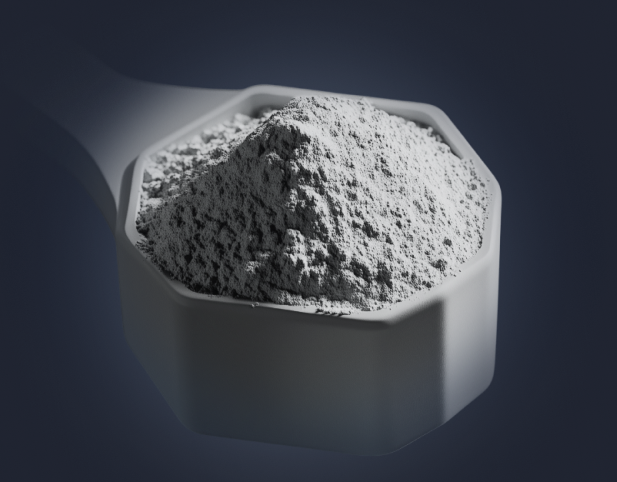

Most people think of creatine as a supplement for building muscle or boosting physical performance, and while that’s not wrong, it’s only half the story. What rarely gets mentioned is creatine’s role in the brain.

Your neurons rely on energy to function… lots of it, and creatine is one of the key molecules that helps regenerate that energy. Over the past decade, a growing body of research has linked creatine supplementation to measurable improvements in memory, attention, reaction time, and resistance to mental fatigue. Whether you’re pushing through long study sessions or trying to stay sharp at work, creatine might be one of the most overlooked tools for improving brain function. This post will break down how it works, what the research says, and how you can use it to support mental performance.
Creatine is a naturally occurring compound mainly produced in your liver and kidneys. However, it’s also found in small amounts in certain foods such as meat and fish. The International Society of Sports Nutrition explains how it does this by facilitating the recycling of adenosine triphosphate (ATP). When ATP is used for energy, it loses a phosphate group and becomes adenosine diphosphate (ADP). Creatine, which is stored as phosphocreatine, donates a phosphate group to ADP, quickly regenerating ATP. This rapid regeneration is crucial for activities requiring quick bursts of energy, whether it's a sprint, a complex thought process, or a split-second decision in a game. While there are various forms of creatine available, Creatine Monohydrate is the most extensively studied and proven form, known for its effectiveness and affordability.
While creatine is widely recognized for its role in physical performance, its benefits go far beyond the gym. In fact, a growing body of research shows that creatine plays a direct role in supporting brain function, mental stamina, and long-term cognitive health.
If you’re dealing with long hours, high cognitive demands, or just want to stay mentally sharp, creatine might be one of the simplest and most effective tools you’re not using yet. Here’s what the research shows:

Improves memory. Creatine has been linked to better short-term memory and reasoning, helping your brain retain and access information more efficiently.

Enhances cognitive speed. Faster processing and quicker reaction times are consistently reported in studies, thanks to improved cellular energy availability in the brain.

Reduces mental fatigue. By supporting ATP regeneration, creatine helps sustain focus and clarity during mentally demanding periods, while also reducing the risk of burnout and brain fog.

Supports brain health long-term. Creatine has neuroprotective effects, particularly under conditions of stress, injury, or sleep deprivation. Its potential role in protecting against neurological decline is still being explored, but the early data is promising.
These benefits stem from creatine's ability to optimize energy metabolism within the brain. Your brain consumes more energy than any other organ in the body, and creatine helps ensure a steady supply by maintaining ATP levels. It's actively optimizing your brain's natural capabilities, helping you perform at your best when it matters most.
Getting started with creatine is straightforward. The most common and effective way to take it is mixing 5 to 10 grams of Creatine Monohydrate powder with water or your favorite beverage. You don't need complex loading phases or precise timing to experience the benefits, especially for cognitive enhancement. Consistency is key; making it a part of your daily routine, much like daily vitamins, will help you achieve the best results. Upgrade your routine with our premium 200-mesh creatine and experience the benefits with delicious flavors and no chalky texture.





.svg)